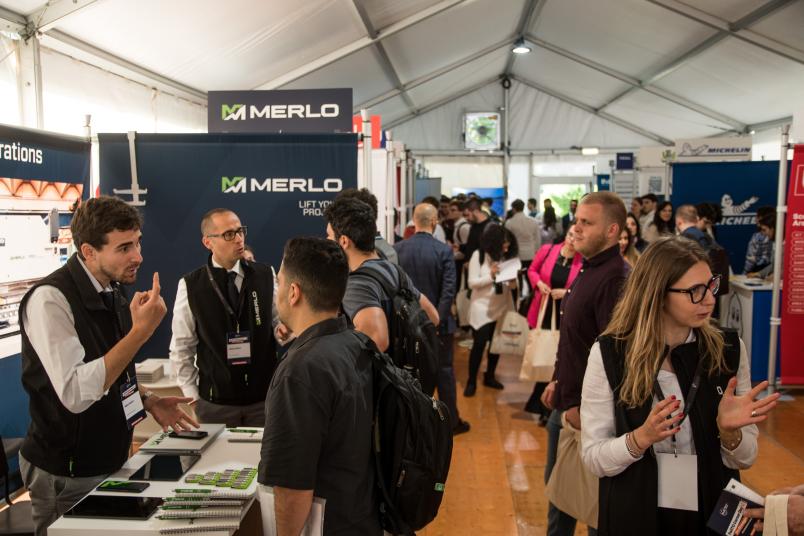
In Italy there are different types of Ph.D. programmes, each regulated by a set of rules partially different from those governing the "traditional" Ph.D. programme, whose purpose is educating people to gain the human, scientific and methodological tools required to become researchers. Admissions to a Ph.D. programme of any kind requires applicants to go through a selection process which may end with an offer of admission for a Ph.D. position.
1. Ph.D. programmes with an industrial characterization or innovative
Politecnico di Torino has always worked with companies with the purpose of offering Ph.D. scholarships funded by firms interested in satisfying their research and innovation needs. In addition, the National Recovery and Resilience Plan (NRRP) has also allocated resources for innovative Ph.D. programmes, with the contribution and involvement of businesses.
2. Ph.D. programmes offered in apprenticeship format
The Ph.D. programme in apprenticeship format offers companies the possibility to hire a young graduate who is attending a higher education course in order to "shape" a future professional with specialized skills that can promote business growth and innovation. In this case, the legal status of the Ph.D. candidate is very different from the status of his/her "non-apprentice" colleagues, since apprenticeship contracts include a series of rights recognized to workers but not to Ph.D. candidates. The research activity is carried out partly at Politecnico and partly in a company which must be located in Piemonte. The admission requirements are the same as standard Ph.D. programmes (participation in a selection process), with an additional age limitation, since it is reserved to young candidates between 18 and 29 years old.
3. Ph.D. programmes Executive
Another type of Ph.D. programme is the the Ph.D. programme Executive, offered by a university based on an agreement with a company involved in research and development activities. The Ph.D. Executive allows the company to educate and train its employees already engaged in highly qualified activities. In this type of programme, Ph.D. candidates must carry out part of their research activities at the company’s premises. The operating methods, the timeline of the employee's overall commitment and the duration of the Ph.D. programme are established by a specific agreement between the university and the company. The admission requirements are the same of standard Ph.D. programmes (participation in a selection process), but the university can reserve some positions to company staff members.